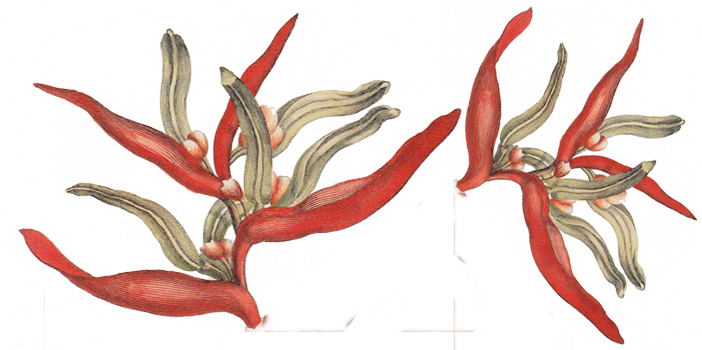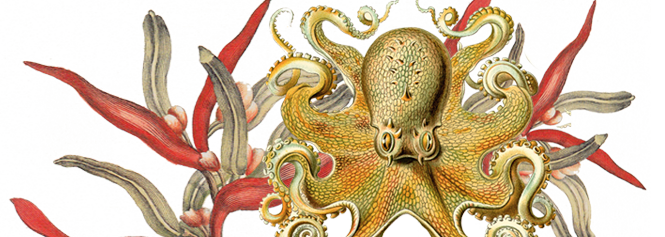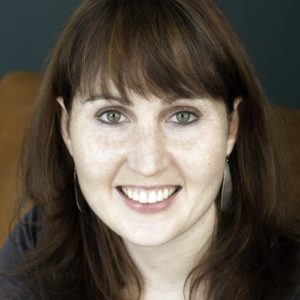
Emily Anthes
Essays
Emily Anthes is a reporter at The New York Times who covers health and science. She is the author of two books — 2013’s Frankenstein’s Cat: Cuddling Up to Biotech’s Brave New Beasts and 2020’s The Great Indoors: The Surprising Science of How Buildings Shape Our Behavior, Health, and Happiness. She has won the AAAS Kavli Gold Award for science journalism, the NASW Science in Society Award, the AAAS/Subaru SB&F Prize for Excellence in Science Books, and two NIHCM Foundation Health Care Print Journalism awards. She was also longlisted for the PEN/E.O. Wilson Literary Science Writing Award in 2014. Her work can be found in The New Yorker, The Atlantic, Wired, Nature, Slate, Businessweek, Scientific American, The Washington Post, and elsewhere. Emily graduated from the GPSW in 2006.
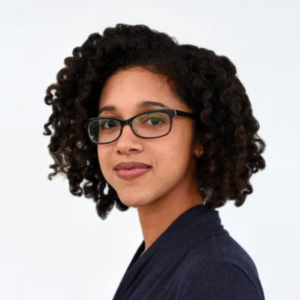
Sarah Childress
Investigative Reporting
Sarah Childress is a Senior Editor at ProPublica. Previously, she was the Deputy Investigative Editor at The Washington Post and the Series Senior Editor at FRONTLINE, where she developed and strengthened reporting across platforms, including documentary films, digital stories, and podcast series. Sarah co-produced the 2019 documentary Flint’s Deadly Water, which won the Jack R. Howard Award for Broadcast – National/International Coverage and was a finalist for a 2019 Investigative Reporters and Editors Award. Prior to FRONTLINE, Sarah worked as a national reporter at Newsweek, where she covered major breaking stories, including the Iraq War. She also spent several years as a staff reporter at The Wall Street Journal’s Nairobi bureau and later went on to edit reporters in Europe, the Middle East, and Latin America for GlobalPost.
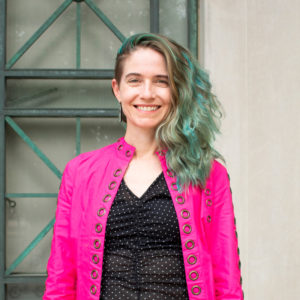
Catherine D'Ignazio
Data Journalism
Catherine D’Ignazio is a scholar, artist/designer, and hacker mama who focuses on feminist technology, data literacy, and civic engagement. She is an associate professor of Urban Science and Planning in the Department of Urban Studies and Planning at MIT. She is also the director of the Data + Feminism Lab, which uses data and computational methods to work toward gender and racial justice, particularly in relation to space and place. Prior to joining MIT, she was an Assistant Professor of Data Visualization and Civic Media in the Journalism Department at Emerson College. D’Ignazio’s book, Data Feminism (MIT Press 2020), co-authored with Lauren F. Klein, charts a course for more ethical and empowering data science practices. Her forthcoming book, Counting Feminicide: Data Feminism in Action (MIT Press 2024), highlights how mainstream data science can learn a lot from the care and memory work of grassroots feminist activists across the Americas.
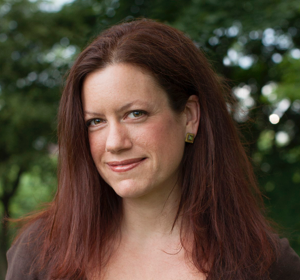
Cynthia Graber
Podcasting
Cynthia Graber is an award-winning audio and print reporter and is the co-host and co-founder of the internationally popular podcast Gastropod, about the science and history of food. Cynthia and her co-host have performed sold-out Gastropod Live events at the Boston Museum of Science and at science festivals around the country. Cynthia’s print work has been featured in venues including Wired, The New Yorker, Orion, The Boston Globe Magazine, and many more. She was a 2012-2013 Knight Science Journalism Fellow at MIT and followed that with a UC Berkeley Food and Farming Fellowship, overseen by Michael Pollan. Cynthia’s radio and print awards include those from the American Association for the Advancement of Science, the Society of Environmental Journalists, and the International Institute of Physics.
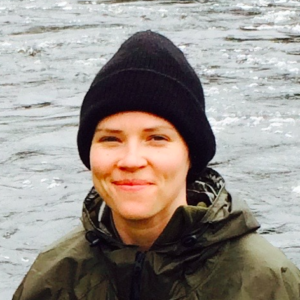
M.R. O'Connor
Thesis Advisor
M.R. O’Connor covers the politics and ethics of science, technology, and conservation. She is the author of two books: 2015’s Resurrection Science: Conservation, De-Extinction and the Precarious Future of Wild Things, which was one of Amazon’s Best Books of the Year, and 2019’s Wayfinding: The Science and Mystery of How Humans Navigate the World. Her investigative reporting on topics including disappearances in Sri Lanka’s civil war, global agriculture trade in Haiti, and American development enterprises in Afghanistan has been funded by institutions including the Pulitzer Center on Crisis Reporting, the Alfred P. Sloan Foundation, and The Nation Institute’s Investigative Fund. M.R.’s work can also be found in The New Yorker, The Atavist, and Foreign Policy, among other outlets.
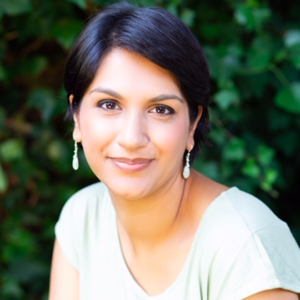
Angela Saini
Race and Equity Reporting
Angela Saini is an award-winning journalist and author. She has presented science programs for the BBC, and her writing has appeared in National Geographic, Wired, and Foreign Policy. She is the author of four books, including Superior: The Return of Race Science, which was a finalist for the LA Times Book Prize, and Inferior: How Science Got Women Wrong, which has been translated into 14 languages. Her latest book, The Patriarchs: The Origins of Inequality, was a finalist for the Orwell Prize and named one of Amazon’s Best History Books of 2023. Angela has a Masters in Engineering Science from the University of Oxford. She has been a Knight Science Journalism Fellow at MIT and a resident fellow at the Humboldt Foundation in Berlin. She was made an honorary fellow of Keble College, Oxford in 2023.
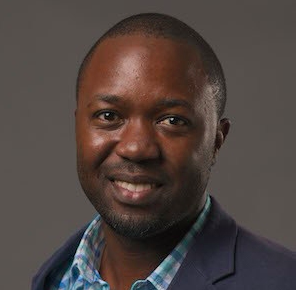
Ashley Smart
Opinion Writing
Ashley Smart is the Associate Director of the Knight Science Journalism Program at MIT and Senior Editor at Undark Magazine. Prior to joining Undark, Ashley was a Features Editor at Physics Today and a 2015-2016 Knight Science Journalism Fellow. Before pursuing science journalism, Ashley earned a PhD in chemical and biological engineering from Northwestern University. He is a member of the advisory boards of the Council for the Advancement of Science Writing and The Open Notebook and a co-founder of HBSciU.com, a blog dedicated to lifting Black voices in science.
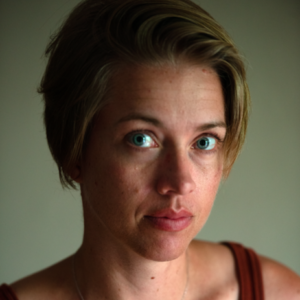
Kim Tingley
Thesis Advisor
Kim Tingley is a contributing writer for The New York Times Magazine, where she created and wrote the Studies Show column about medical research. She received a Rona Jaffe Foundation Writers’ Award in 2012 and was a 2016 fellow at the Nieman Foundation for Journalism. Her story “Sixth Sense,” about wave-piloting in the Marshall Islands, is anthologized in The Best American Science and Nature Writing 2017. She holds an MFA in nonfiction writing from Columbia University.
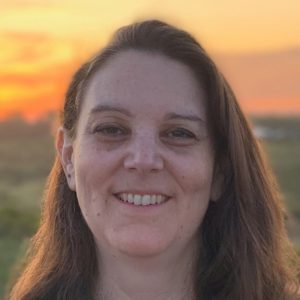
Karen Weintraub
Feature Writing
Karen Weintraub is a Senior Health Reporter at USA Today. Before the pandemic, she spent a decade as a freelance health and science reporter, writing regularly for The New York Times, The Washington Post, and Scientific American, among other outlets. Weintraub has taught journalism as an adjunct at Boston University, MIT, and the Harvard Extension School, and was an editor at The Boston Globe before spending an academic year as a Knight Science Journalism Fellow at MIT. Karen is also co-author of the book Born in Cambridge: 400 Years of Ideas and Innovators.



